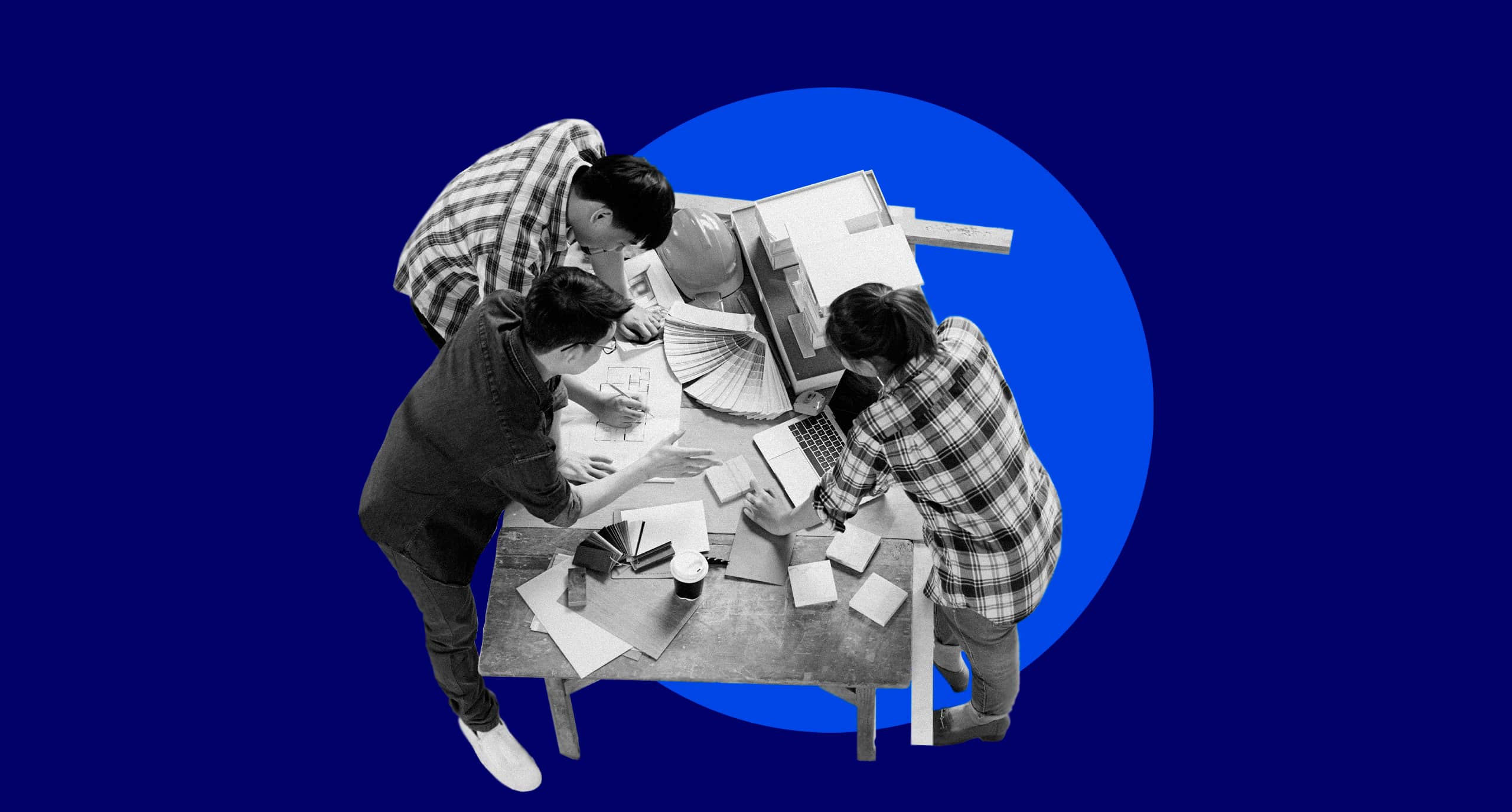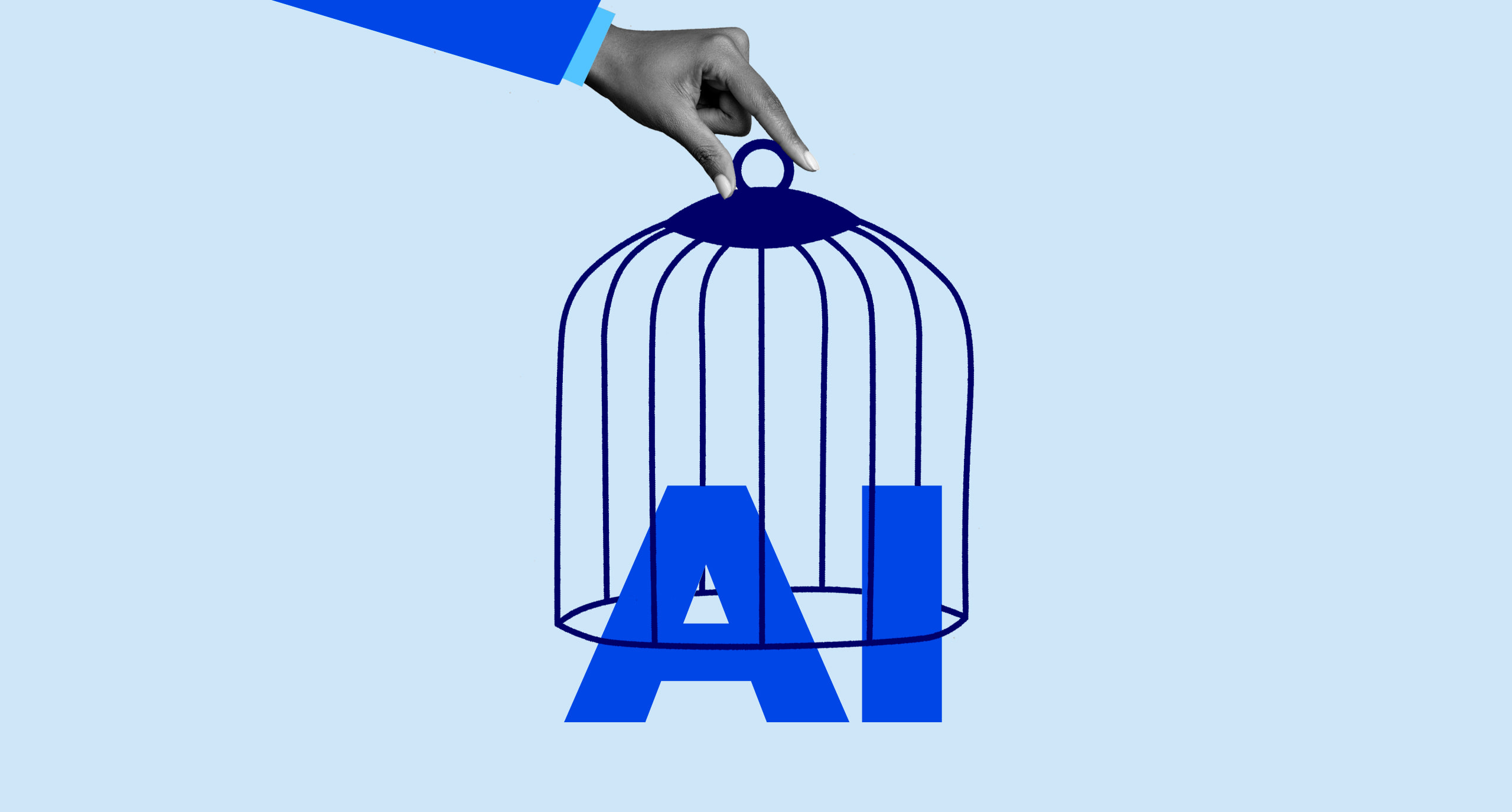Wondering how to focus better when studying? We’ve got you covered. Read on for our tips for college students who want to optimize their time in the library and lead a more fulfiling life outside of it.
Why do good grades matter?
Pursuing a post-secondary education is one of the best investments you’ll ever make. But it’s one that requires time, dedication and holistic care. And of course, being a straight-A student is everyone’s goal, as good grades open doors and increase your likelihood of entering competitive sectors.
As you prepare to start your career, it’s important to have a balanced perspective of what being a straight-A student is. Remember, your GPA is only one of the ingredients of a quality post-secondary education. Other factors like a solid work-play balance, prioritizing downtime, working with your peers and focusing on your productivity are just as important.
Find your work-life balance
This is a surprising answer when you’re wonder how to focus better when studying. There’s been an uptick in talk about the importance of a positive work-life balance. It’s tough to be productive at school if you don’t also find time for mental breaks, or if you forget to interact with your friends and socialize. A good work-life balance is vital when it comes to maintaining a healthy environment in all areas of your life.
And this is where your organization skills come in handy. Schedule specific time for work and play, and be strict with yourself about not overlapping the two.
Prioritize downtime and your well-being
Learning to relax is one of the most effective ways to take care of your mental health. When students forget to prioritize relaxation time, they’re at risk of experiencing burnout. Burnout is a state of emotional, physical and mental exhaustion caused by prolonged stress, which can be mitigated so long as you check in on yourself on a regular basis. Classic symptoms of burnout include a reduction in productivity, decreased energy and the feeling that you have nothing else to give.
Burnout can even lower your immunity to illness, cause frequent headaches and muscle pain and leave you feeling generally exhausted.

You can prevent burnout by making sure you get enough time to relax and unwind. This can look like reaching out to your friends for support or comfort, building your resilience by using mental-health resources at your school, connecting with on-campus causes that are meaningful to you, making friends in your classes and taking time off from school completely.
Keep organized
Your success as a student largely depends on your ability to organize yourself. Setting up a routine that you can stick to is vital, not only for keeping on top of assignments but for protecting yourself from stress, and you guessed it—burnout.
One of the easiest ways to stay organized is to keep an up-to-date planner—either physical or digital—to stay on top of assignments, projects, appointments, class times and more.
It may seem basic by the way of tips for college students, but going the extra mile and color coding different courses might help if you’re a visual learner.

Keeping detailed notes from all of your classes, and incorporating note-taking techniques like the Cornell and Mind Map methods will help make sure you’re actively listening in class. Setting your own deadlines a day or two earlier than actual deadlines can help reduce stress and provide a buffer for planning ahead. This reduced stress is ideal when working out how to focus better when studying.
Work on your productivity
Being productive isn’t necessarily about spending more time on each of your projects—it’s more about using your time more effectively. If you’re already staying organized, taking care of your mental health and prioritizing downtime, you’re setting yourself up for more productive work time already.
One of the best ways to stay productive is to learn how to properly prioritize homework and assignments, depending on their level of difficulty, amount of time needed and due date. A way to do this is by maintaining a to-do list and scheduling enough time to complete each task. Taking enough study breaks and avoiding procrastinating on big assignments are important ways to avoid mental burnout.
Distractions like social media and chatty study buddies can make staying productive hard, so choose who you work with wisely and be vigilant about putting your phone away until it’s break time.

Learn from others
One of the most enriching parts about attending international institutions like IE University is learning alongside peers from all four corners of the earth. There’s no doubt that much of your learning will come from listening to and working with students from different academic backgrounds, nationalities and life experiences. And this doesn’t have to be limited to in-class time; there are plenty of on-campus groups to choose from that keep campus life diverse and exciting.
Engage with your professors
At IE University, you will have access to world-class faculty from a variety of industries. Your professors bring real-world experience straight from the industry you’ll likely be entering. Making the most of your access to these thought leaders is key to getting the most out of your post-secondary career. Engaging with them during class time is great, but you can take it a step further and book office hours to introduce yourself, ask questions and get guidance on your future.
Stay curious
Intellectual curiosity is the key to success in any industry. It helps reduce apathy and increases your interest in the world around you. Instead of accepting things as they are, you’ll be focused on thinking outside of the box and learning new things in a way that isn’t a chore, but a joy for you as a student. It’s hard to fail when you see everything as a new opportunity.
Learn how to focus better when studying at IE University
In our ecosystem of innovative experimentation, becoming a star student involves taking a holistic, positive and hands-on approach to your learning.






